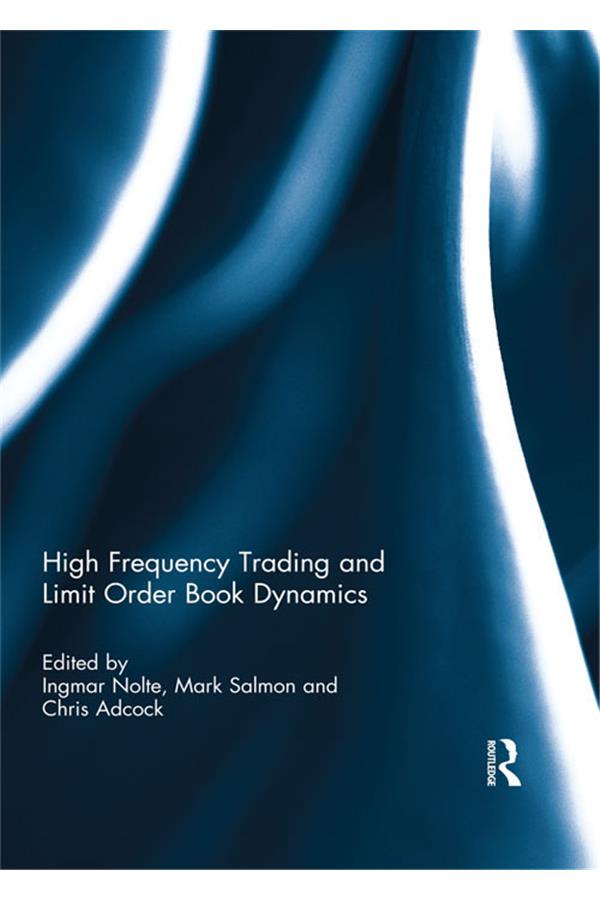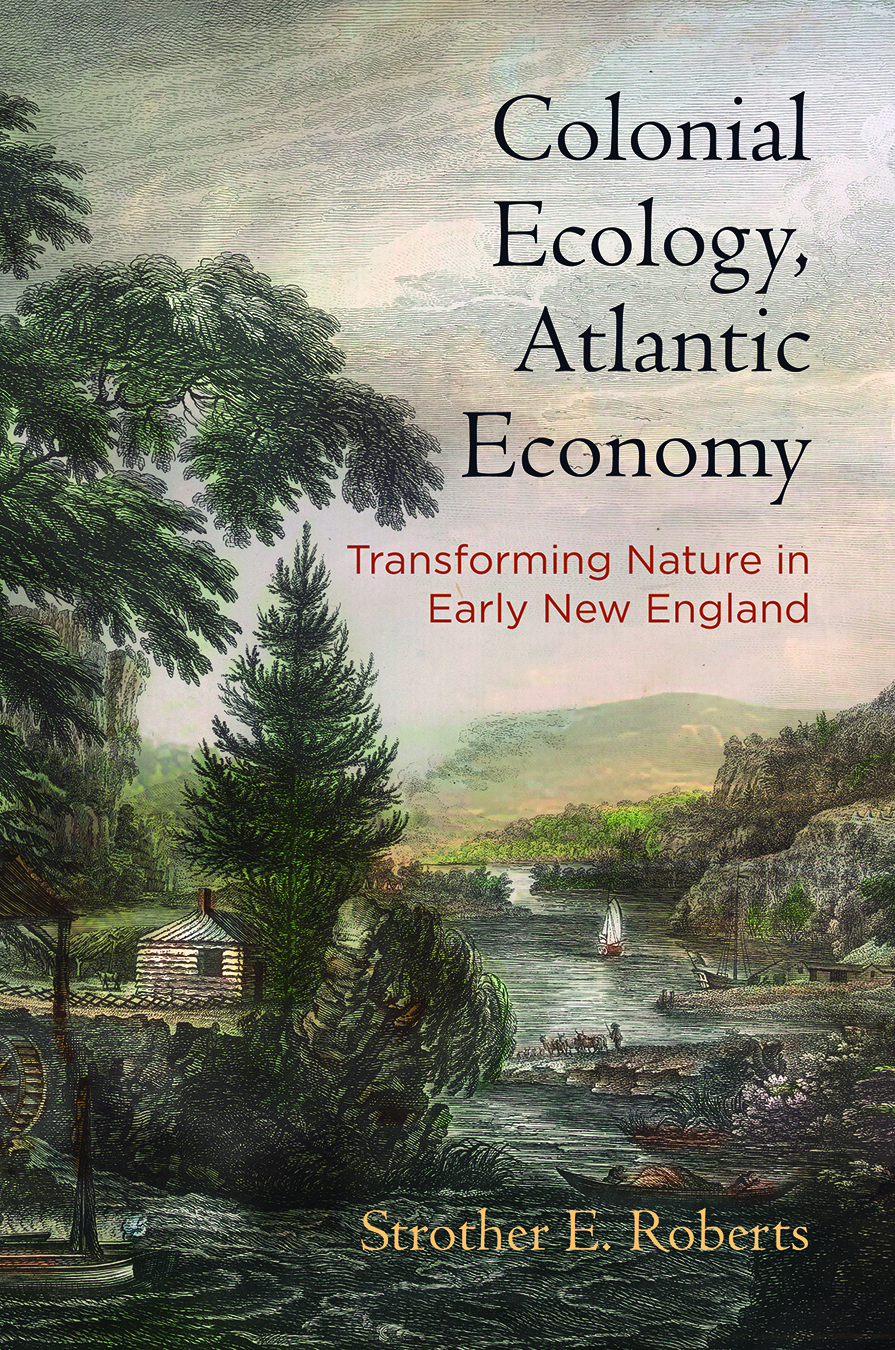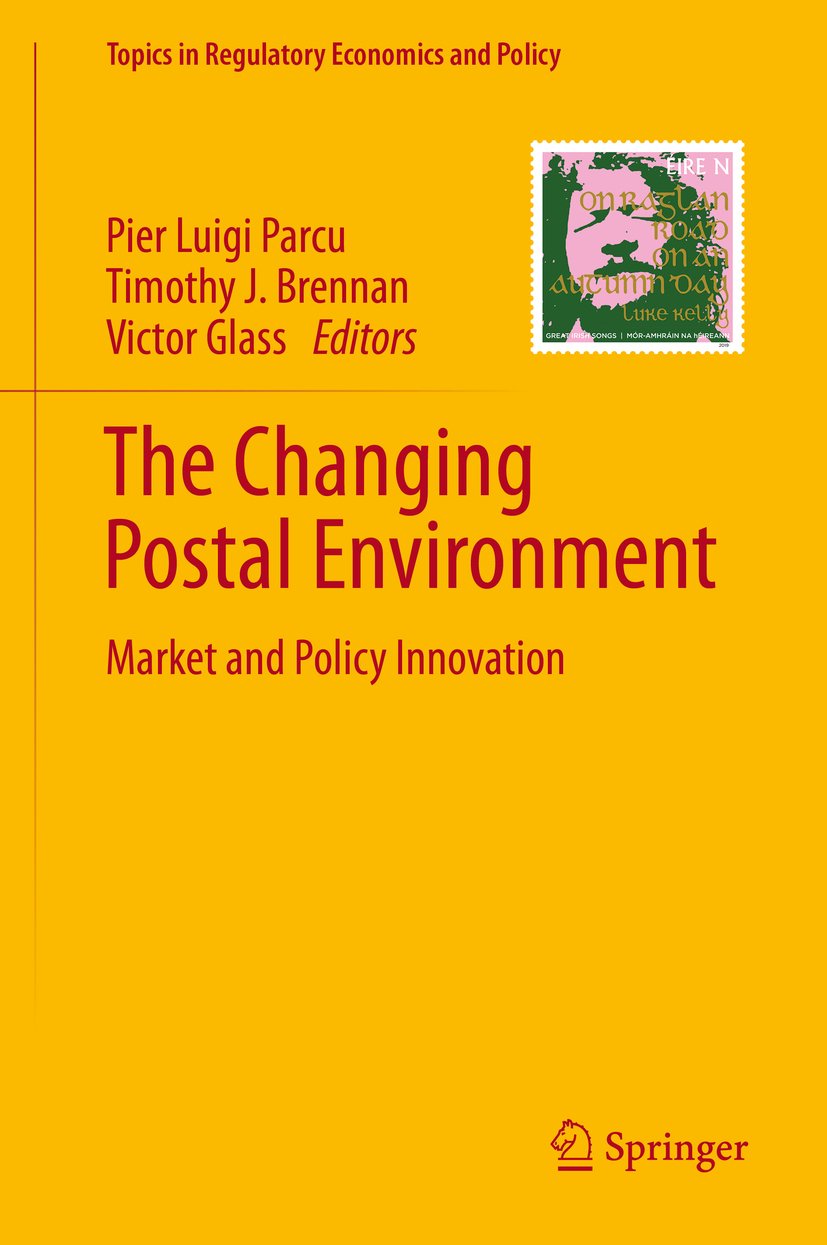This book explores how the current sustained economic slow-down in North America and Europe has increased immigrant vulnerability in the labor market and in their daily lives. It details the ways this global recession has affected the immigrants themselves, their identities, as well as their countries of origin. The book presents an interdisciplinary dialogue as well as offer a transatlantic comparative perspective. It first focuses on the immediate effects of the Great Recession on immigrants’ employment. Next, it connects the experience of immigrants in the labor market with their experiences in the social arena in receiving societies. Coverage also explores the effects of the economic downturn on transnational practices, remittances and return of Latin American migrants to their countries of origin. This volume will be of great interest to faculty and graduate students who are interested in international migration studies from the fields of sociology, economics, anthropology, geography, political sciences, and other social sciences. It will also be of interest to professionals and policy makers working on international migration policy and the general public interested on the topic.












